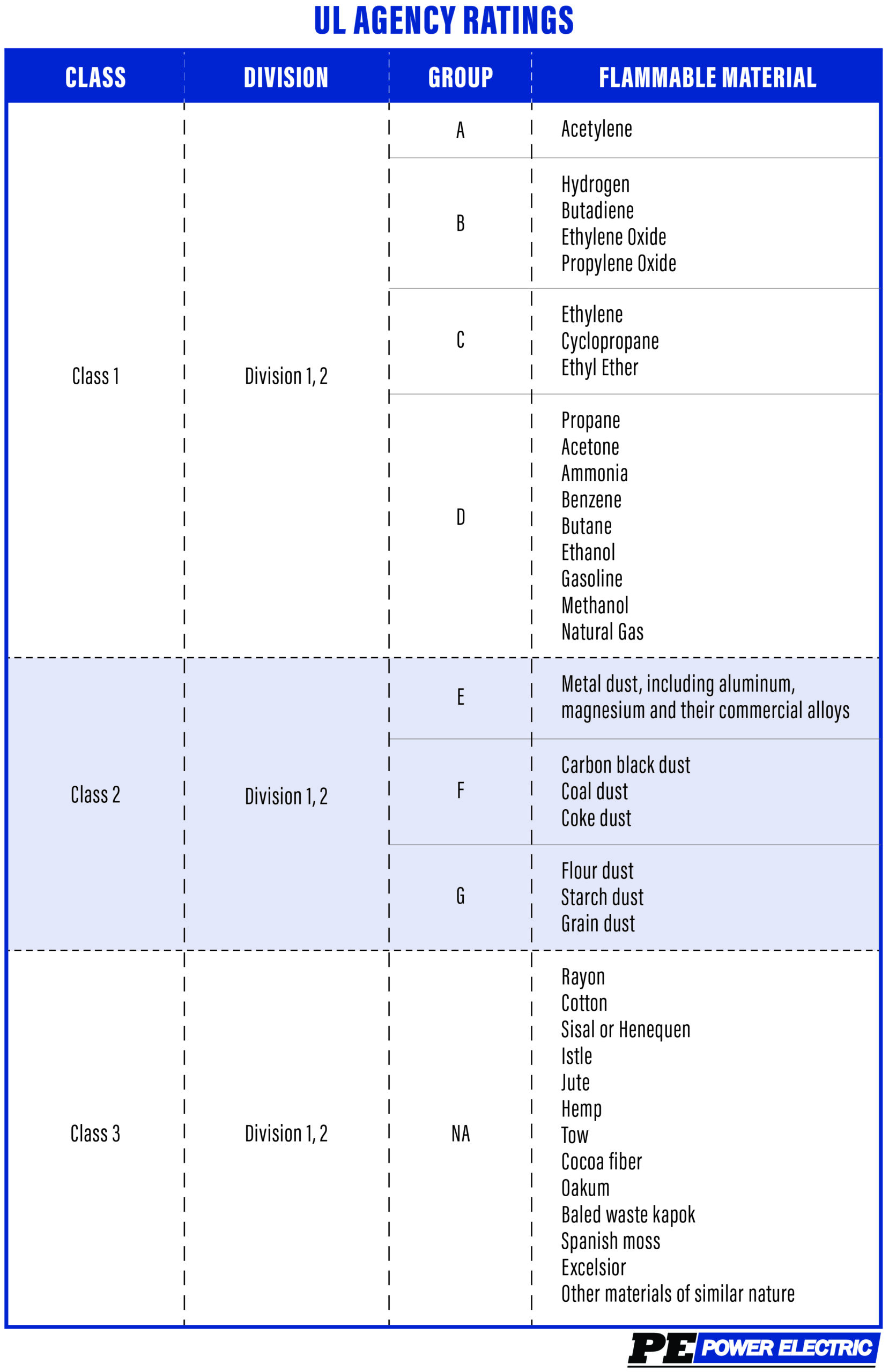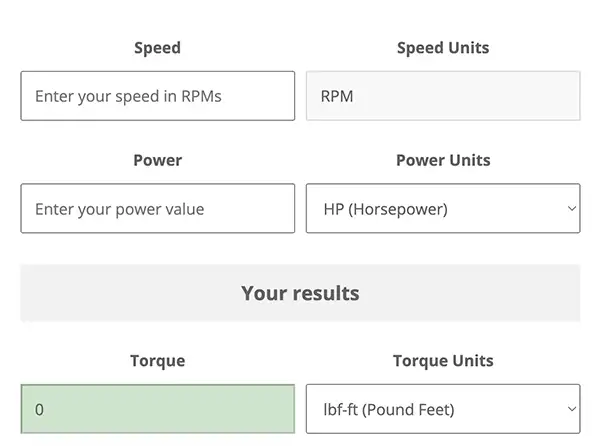Explosion Proof Motor Designations – Simplified
Explosion Proof and Hazardous Duty motors are constructed to meet specific codes associated with environments that may contain flammable gases, dust, or fibers. Each of these elements may present a potential hazard based on specific unfavorable conditions due to location, concentration, and temperature. Motors are electrical devices that have the potential to generate sparks in certain situations, such as a failure in the windings or from brushes riding on a commutator. They also generate heat even under normal operating conditions; therefore, motor surfaces must be kept below the ignition temperature of the materials in the local environment. Motors deployed in these types of environments must be designed according to industry standards and regulations.
The three agencies that certify motors for hazardous duty are UL (USA/Canada), ATEX (Europe), and CCC (China). These agencies separate hazardous environments by Class or Zone that define the hazards that may be present in the environment; by Division, which identifies the likelihood the hazard is present under normal operating conditions; and by Group, which identifies the specific materials present.
UL recognizes three Classes of hazards: flammable gases, vapors, or liquids (Class I), combustible dusts (Class II), and ignitable fibers (Class III). Division 1 indicates that hazardous materials are present under normal operating conditions, while Division 2 indicates materials are not likely present under normal conditions. The Group specifies the hazardous material present (i.e. for Class I), such as acetylene (A), hydrogen (B), ethylene (C), propane (D) are indicated.
Further breakdown of Groups is shown below:

The European Union and China both have specific hazardous duty regulations similar to UL. The EU regulations group environments into Zones: 0, 1, and 2 for gas and vapors and 20, 21, and 22 for dust and fiber. The lower the number in these two zones, the higher the concentration of the hazardous material. China issues a CCC Certification after the motor is tested using specific procedures designated by the Chinese government.
When selecting or specifying an explosion proof motor, it is critical to understand the application’s specific performance and certification requirements, define any hazards that could be present, and detail the operating conditions the motor will be subjected to. Using an explosion proof motor in an environment for which it is not rated for can be dangerous, illegal, and potentially lethal, so working closely with an agency representative or a hazardous location motor expert is strongly recommended.
 Request a Quote
Request a Quote
